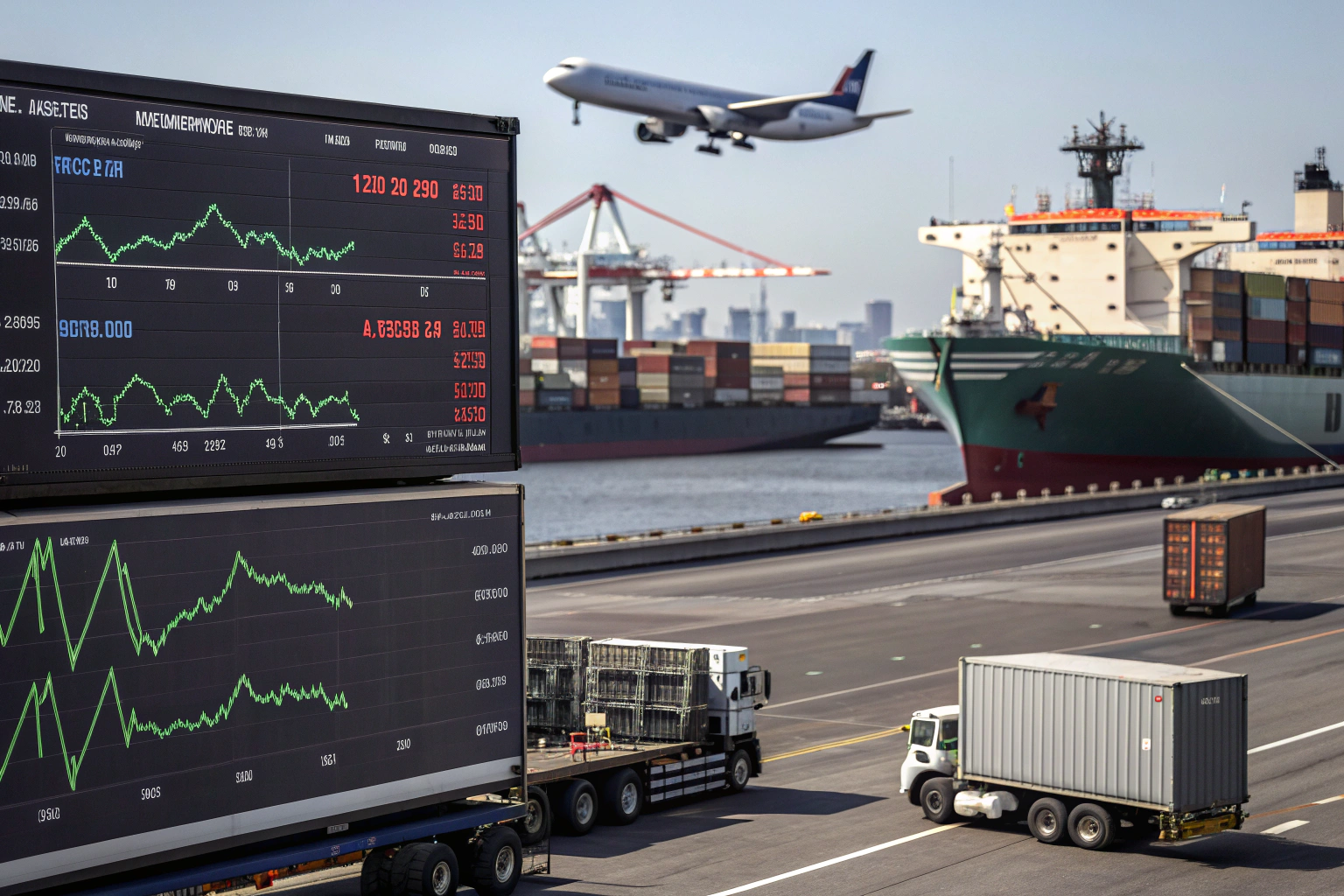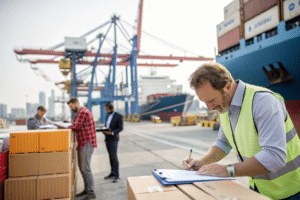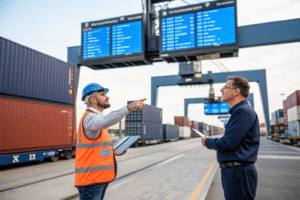In recent years, importers and exporters have been asking the same question: why do freight rates change so quickly? Prices can be low one month and then double the next. For small businesses, this makes planning and budgeting extremely stressful.
Freight rates move up and down because of several key factors: supply and demand, fuel prices, global events, port congestion, and seasonal shipping peaks. Together, these shape the cost of moving goods around the world.
As a freight forwarder, I’ve seen how these swings directly impact small and medium importers. Let’s look at what drives these price shifts.
How Does Supply and Demand Affect Freight Rates?
The most basic factor behind changing freight rates is supply and demand.
When demand is high and space on ships, planes, or trucks is tight, prices rise. When demand drops, rates usually fall.
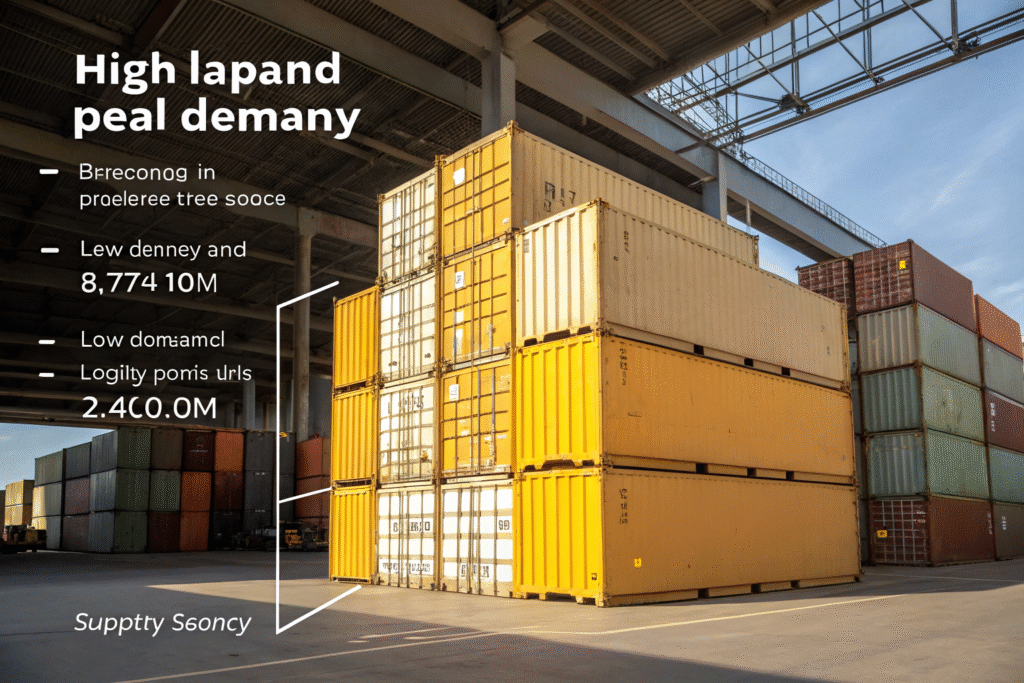
Why Do Rates Go Up During Peak Season?
Before big shopping seasons like Christmas, businesses worldwide rush to move goods. Space becomes limited, and carriers increase prices. Clothing and electronics importers know this well. The World Shipping Council often reports how global trade surges push shipping costs higher.
Do Rates Drop in Slow Periods?
Yes. When factories reduce production or buyers cut back orders, carriers lower prices to keep their ships full. During slow months, freight forwarders often find cheaper space for clients. Platforms like Freightos share these changes through their real-time rate indexes.
How Do Fuel Costs Influence Shipping Prices?
Fuel is another major driver of freight rates.
When oil prices go up, carriers pass those costs on to shippers. That means higher freight rates.
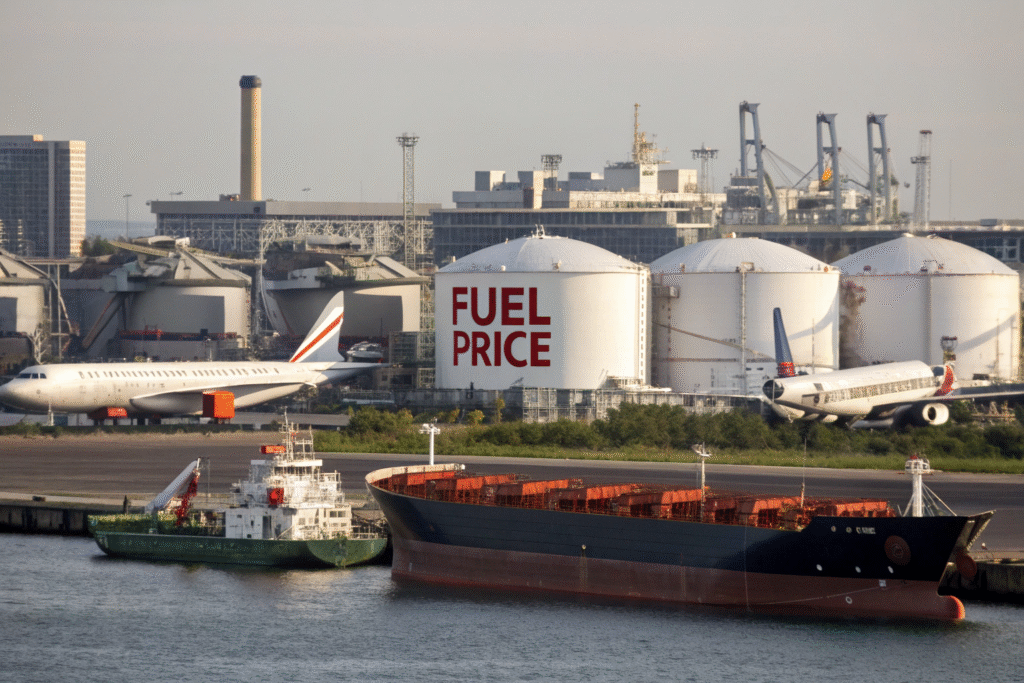
Why Are Oil Prices So Important?
Every part of shipping depends on fuel—ships, planes, and trucks. Even a small rise in fuel prices can quickly increase transport costs. Reports from IATA explain how closely air cargo rates are linked to fuel prices.
Can Lower Fuel Costs Reduce Freight Rates?
Falling oil prices can bring freight rates down, but it doesn’t always happen right away. Carriers may take time to adjust their pricing. Analysts from Hellenic Shipping News often explain how bunker fuel costs affect global shipping charges.
What Role Do Global Events and Disruptions Play?
World events can change freight markets overnight.
Pandemics, wars, or natural disasters often disrupt trade routes, reduce available space, or increase risks. This pushes rates higher.
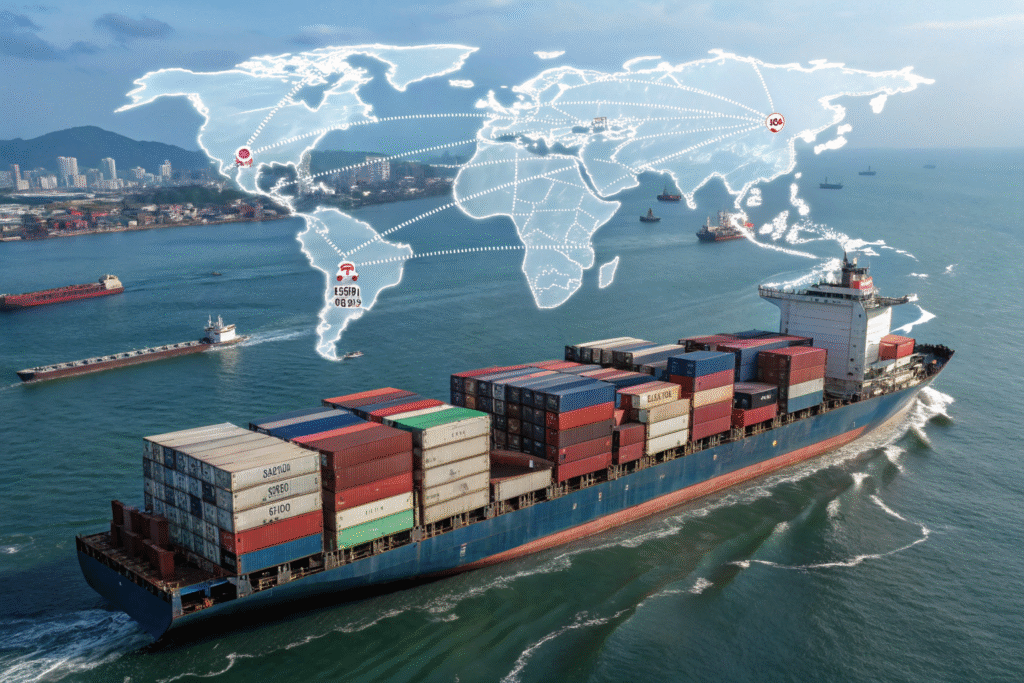
How Did COVID-19 Change Rates?
During the pandemic, shipping costs reached record highs. Ports were closed, but demand for goods jumped. Importers often had to pay double or triple just to secure space. Studies from OECD explore how COVID reshaped supply chains worldwide.
How Do Geopolitical Issues Affect Freight?
Conflicts and trade disputes can force vessels to reroute or face new tariffs, which adds cost. For example, tensions in key shipping regions have caused delays and higher rates. The UNCTAD provides regular updates on how such events hit maritime trade.
How Do Port Congestion and Infrastructure Problems Add to the Cost?
Port congestion is another reason behind price spikes.
When ships wait longer to unload, carriers spend more time and money, which raises rates for customers.
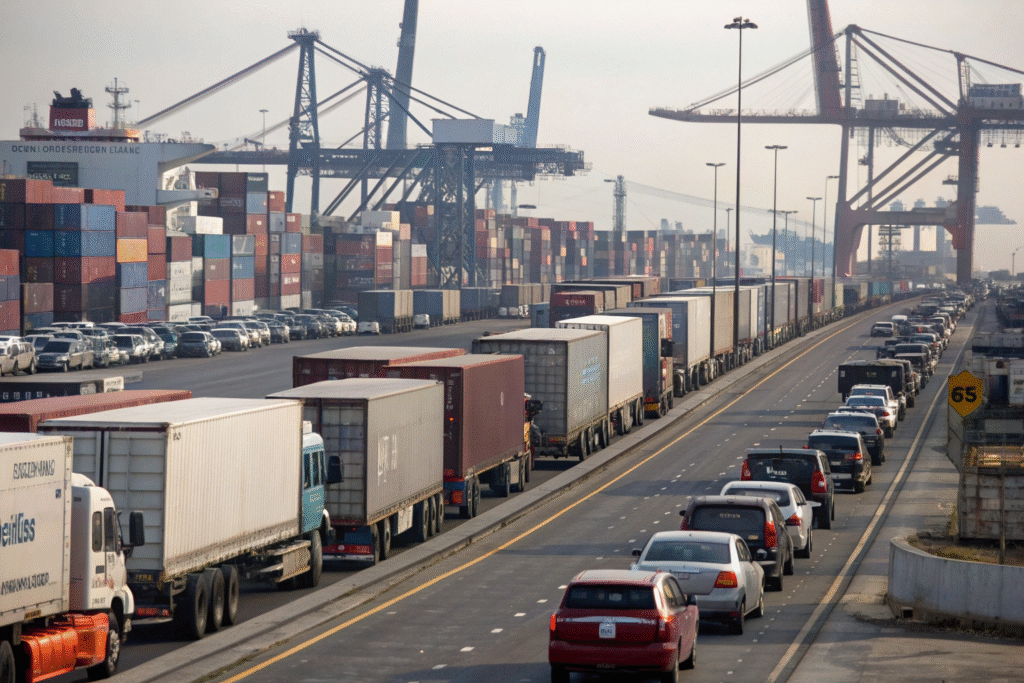
Why Do Ports Get Congested?
Crowded ports often suffer from labor shortages, limited yard space, or sudden surges in cargo. The U.S. ports of Los Angeles and Long Beach have had serious backlogs in recent years. Reports from Port Technology explain how these delays drive up freight costs.
Can Infrastructure Investment Help?
Yes. More investment in automation, storage, and logistics systems helps ports move cargo faster. Countries that upgrade their infrastructure usually see lower costs over time. The World Bank often publishes data on port efficiency and its effect on trade.
Conclusion
Freight rates are always changing because so many factors shape them—supply and demand, oil prices, global events, and port conditions. For small businesses, these shifts can be difficult, but knowing the reasons makes it easier to plan.
Working with an experienced freight forwarder can help importers lock in better rates, secure space early, and avoid unpleasant surprises. No one can fully control the global market, but the right logistics partner makes it easier to adapt to rising and falling freight prices.
